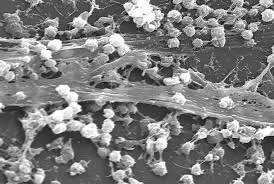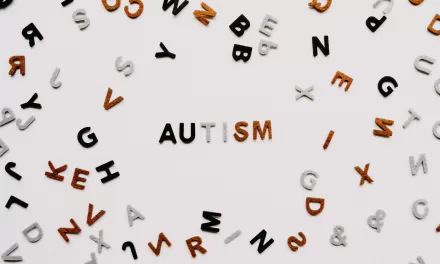
Recent strides in generative artificial intelligence (AI) are providing profound insights into the intricate workings of human memory, elucidating how we learn about the world, relive past experiences, and craft entirely new scenarios for imagination and planning. A groundbreaking study conducted by researchers at University College London (UCL), published in Nature Human Behaviour and funded by Wellcome, showcases the potential of AI computational models in unraveling the mysteries of memory.
The study employs a generative neural network, a type of AI computational model, to simulate the learning and remembering processes of neural networks in the brain. Specifically, the model features networks representing the hippocampus and neocortex, two integral components of the brain known to collaborate during memory, imagination, and planning.
Lead author and PhD student Eleanor Spens from the UCL Institute of Cognitive Neuroscience explains, “Recent advances in the generative networks used in AI show how information can be extracted from experience so that we can both recollect a specific experience and also flexibly imagine what new experiences might be like.”
The generative neural network was fed 10,000 images of simple scenes, with the hippocampal network rapidly encoding each scene as it was experienced. The scenes were then replayed to train the neocortical network, which learned to pass the activity of input neurons representing each scene through intermediate layers, ultimately creating highly efficient “conceptual” representations of the scenes.
“This allowed both the recreation of old scenes and the generation of completely new ones,” notes Spens. The neocortex’s ability to create conceptual representations enables it to capture the meaning of scenes, such as the arrangement of walls and objects, facilitating the recreation of past scenes and the generation of novel ones.
The model explains that the hippocampus can encode the meaning of new scenes without encoding every single detail, allowing it to focus on unique features that the neocortex can’t reproduce, such as new types of objects. Professor Neil Burgess, senior author and researcher at UCL Institute of Cognitive Neuroscience, elucidates, “The way that memories are re-constructed, rather than being veridical records of the past, shows us how the meaning or gist of an experience is recombined with unique details, and how this can result in biases in how we remember things.”
In essence, the study sheds light on how the brain’s neocortex gradually acquires conceptual knowledge, collaborating with the hippocampus to reconstruct and re-experience events in the mind. Moreover, the model illuminates the mechanisms behind the generation of new events during imagination and planning, offering insights into why existing memories often exhibit “gist-like” distortions, where unique features are generalized and remembered as more akin to previous events.
This groundbreaking research not only advances our understanding of memory processes but also underscores the potential of generative AI in unraveling the complexities of the human mind.











